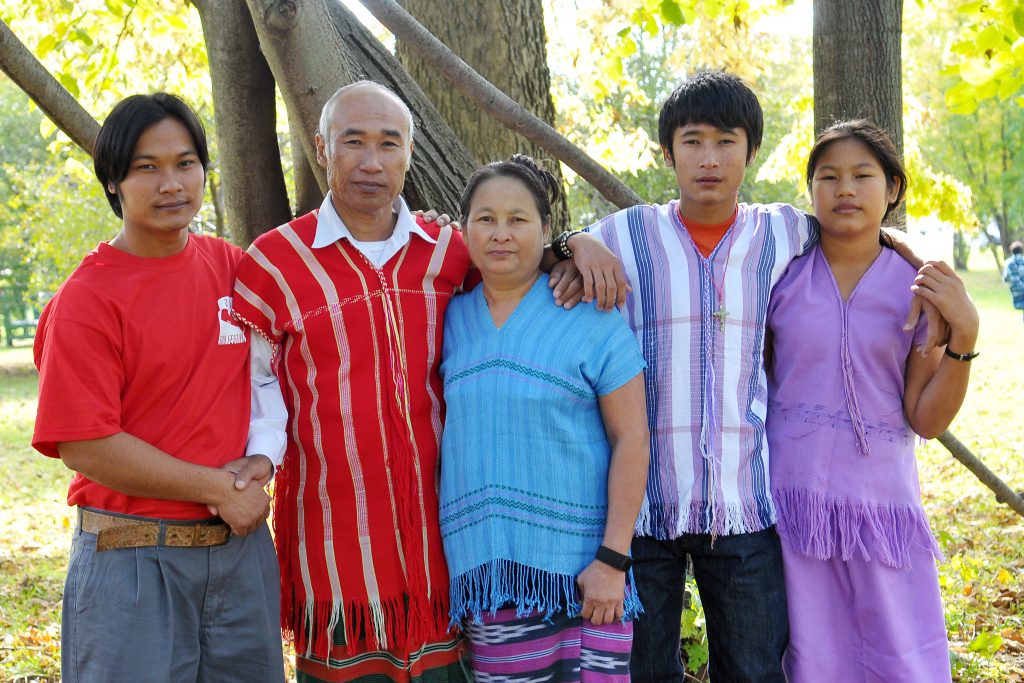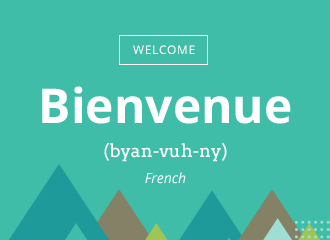Who We Serve
Who is a refugee?
According to the United Nations High Commissioner for Refugees, a refugee is a person who, owing to a well-founded fear of being persecuted for reasons of race, religion, nationality, membership of a particular social group, or political opinion, is outside the country of his nationality, and is unable to or, owing to such fear, is unwilling to avail himself of the protection of that country.
Who else do you serve?
In addition to serving refugees, Exodus serves many other types of humanitarian immigrants, including Haitian and Cuban Entrants, those with Humanitarian Parole, those with Temporary Protected Status, \those with Special Immigrant Visas (SIVs), and those seeking asylum.
We have provided more detailed descriptions of these immigrants here.
What is refugee resettlement?
Refugee Resettlement is a humanitarian program that provides protection and opportunity to refugees fleeing persecution and war. Agencies such as Exodus provide services to refugee newcomers from the point of arrival to self-sufficiency. The United States has a long history of welcoming immigrants and refugees. The U.S. refugee resettlement program reflects the United States’ highest values and aspirations of compassion, generosity and leadership. Since 1975, Americans have welcomed over 3 million refugees from all over the world. Refugees have built new lives, homes and communities in towns and cities in all 50 states.
Who are the refugees in Indianapolis?
What are their backgrounds?
Exodus clients include individual refugees and refugee families (children, adults, and elders). Males and females are equally served. Victims of human trafficking, asylees and secondary migrant refugees are also served by Exodus. In addition, some clients arrive with existing conditions such as health and mental wellness concerns. Exodus accepts clients regardless of their challenges.
Most have survived significant human rights violations such as, persecution, war, hunger, genocide, forced relocation, rape, and many other unspeakable experiences. When they finally arrive in Indianapolis, they may have been living as refugees in camps for more than a decade. Many have limited English proficiency and skills that are not easily transferable to the American workplace. Some are not accustomed to living in a technologically-driven culture. All are courageous and tenacious!
What challenges do they face in the U.S.?
Once refugees arrive in Indianapolis, they may experience disorientation, a sense of being overwhelmed, feelings of insecurity, sadness at leaving familiar things behind, grief, culture shock, identity and meaning loss, and fear of the unknown. However, despite the adversity they have experienced, most refugees who make their home in Indianapolis are eager to engage the challenges and opportunities that the U.S. offers in order to make a better life for themselves and their families.
By having their basic needs met during the core resettlement period and beyond, combined with a full array of social and medical services, English language training, cultural orientation, and employment services, Exodus clients are able to establish new lives in the United States in freedom and safety.
Exodus Refugee Immigration
2457 E. Washington Street, Suite A
Indianapolis, IN 46201
(317) 921-0836




